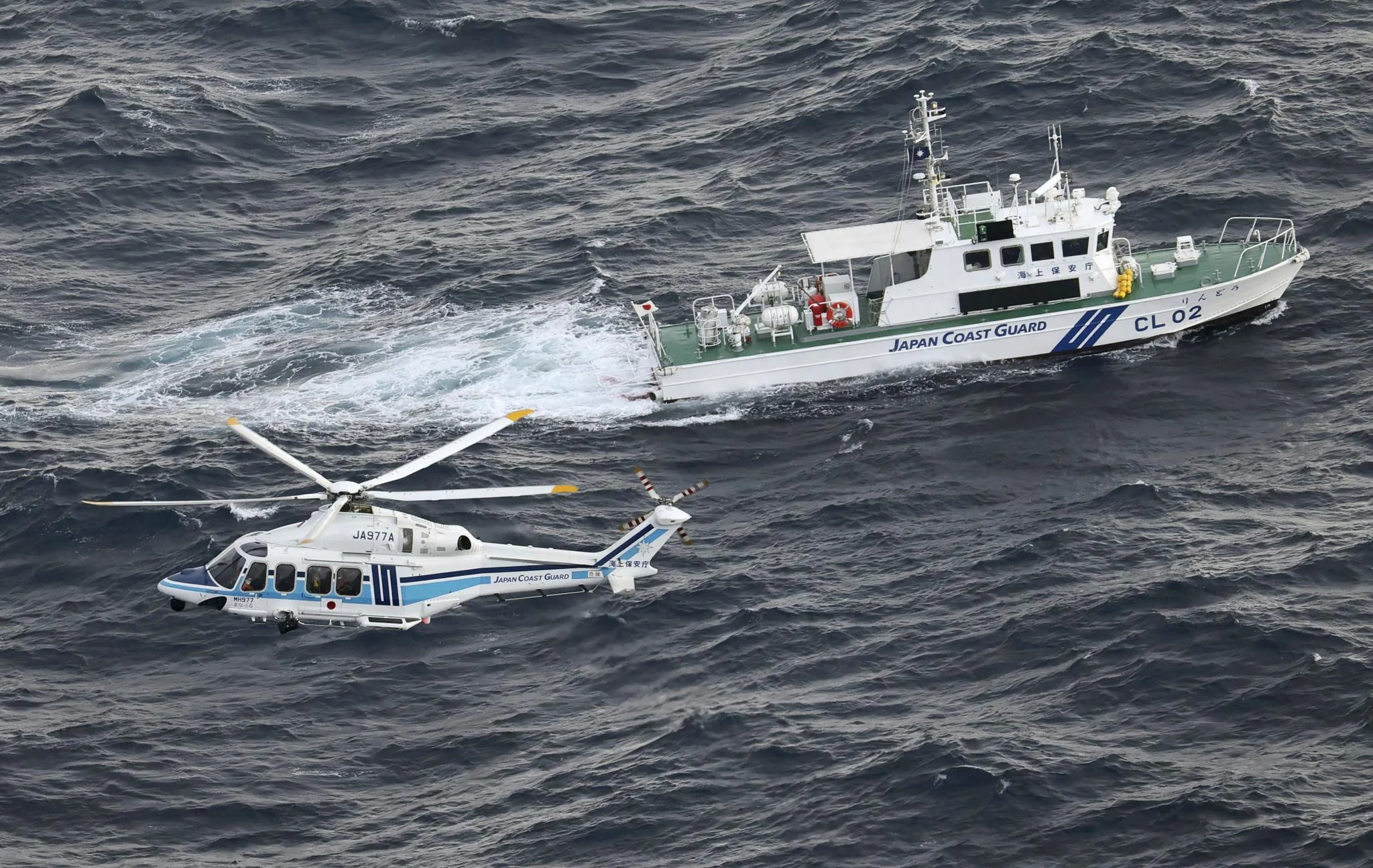Seven out of eight crew members have now been recovered from last month's devastating crash of a US Air Force CV-22 Osprey aircraft off the coast of Yakushima Island, in Japan. Multiple search efforts continue for the eighth missing service member as questions mount regarding the safety and future deployment of these tiltrotor planes.
The hybrid Osprey combines the vertical takeoff and landing capabilities of a helicopter with the high-speed cruise flight of a turboprop aircraft. While offering tactical versatility, the V-22 Osprey has been involved in multiple deadly incidents over its short operational history which has claimed the lives of many.
Recent Osprey Accidents Renew Safety Concerns
The November 29th crash has rekindled worries among Japanese officials and citizens, especially in southwest regions, which is home to significant US military presence. Facing public pressure, Japan's Defense Ministry swiftly grounded its 14-strong fleet and requested US forces to suspend Osprey flights pending investigation.
By most accounts, the ill-fated Osprey experienced engine trouble minutes before its emergency water landing. Japanese authorities also cited witness reports of flames from coming out from the left propulsion system. Weather conditions were said to be light winds and clear skies at the time.
The crash marked Japan's first fatal US military flight accident since 2018. It also came just months after a March 2022 Osprey mishap just off Australia which killed three Marines.
A Search for Answers, Not Assigning Blame
US and Japanese officials maintain confidence in the Osprey's basic safety and reliability when properly maintained and operated within guidelines. But hard questions remain regarding the specific causes and factors in this most recent event.
While awaiting more definitive findings, all stakeholders feel deep anguish at the grave human cost. Recovery teams carry on their solemn mission with utmost care and diligence to bring closure for grieving families. Investigators seek objective truth not to assign blame, but to prevent future loss and affirm the sacred duty of care owed to those who serve.








0 Comments